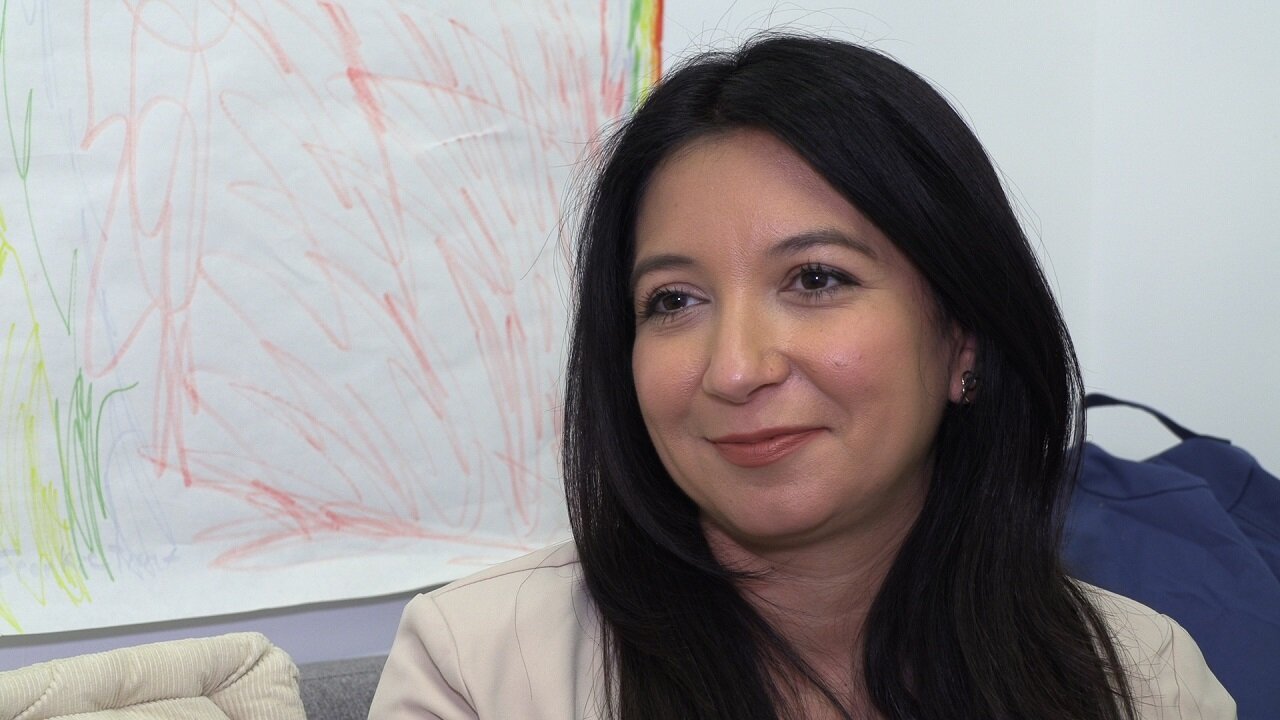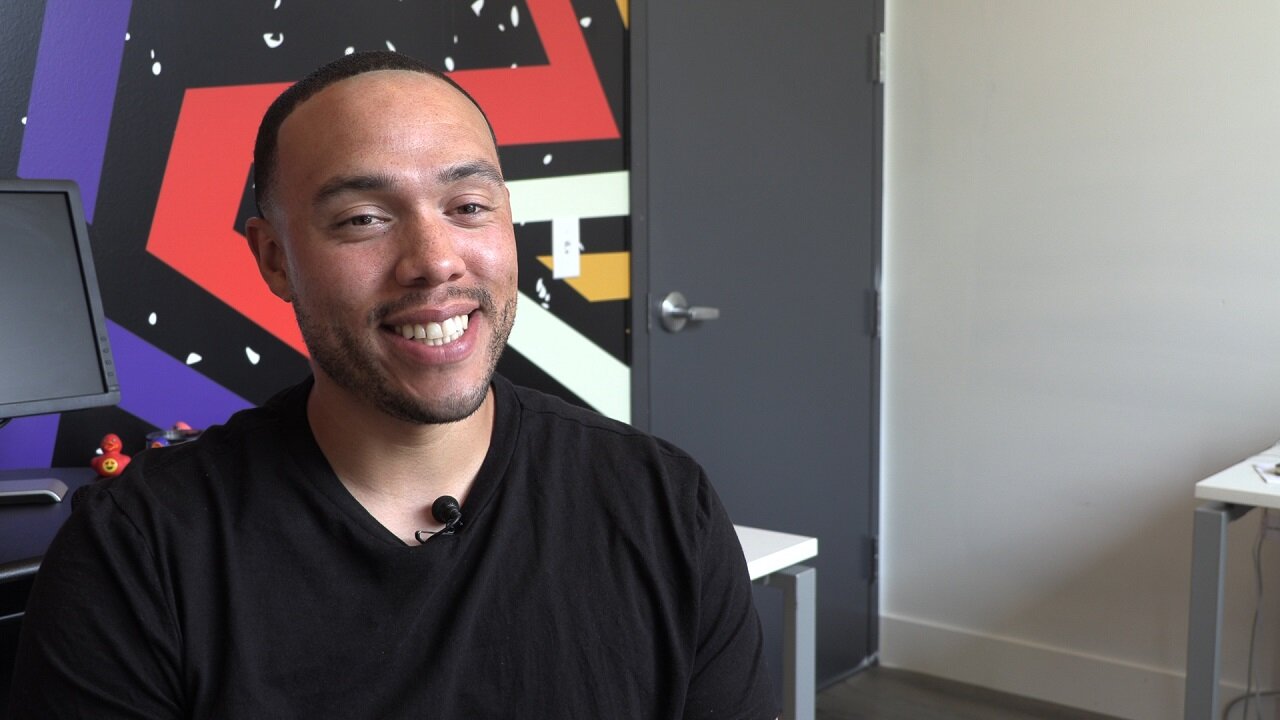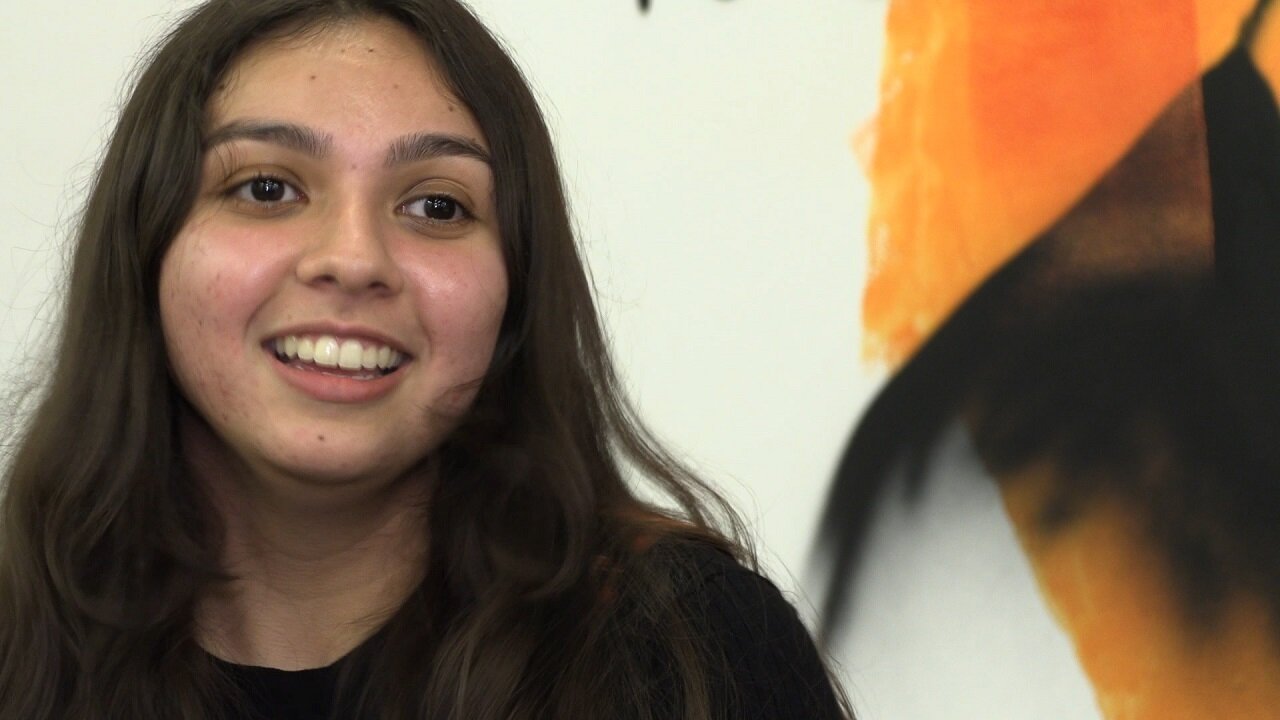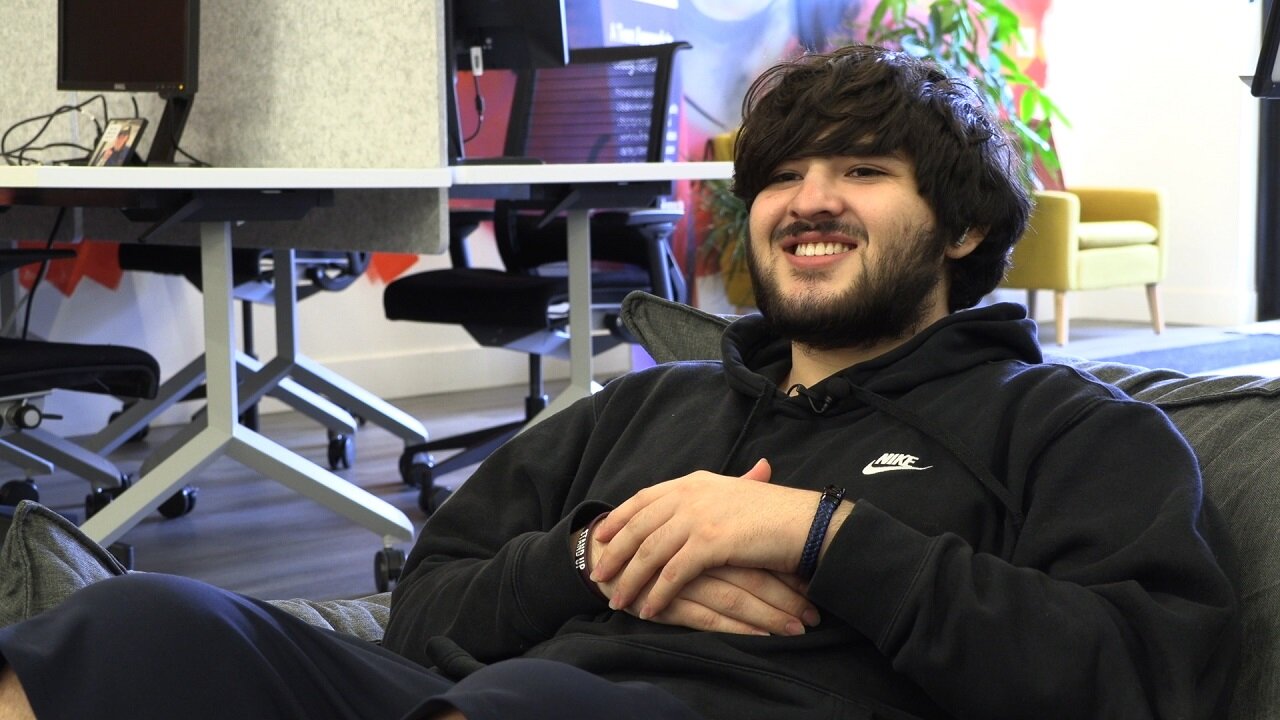AdvanceEDU helps bridge the equity gap for students with lower incomes

DENVER — For years, the traditional brick-and-mortar, four year college experience has been pushed on high schoolers as a necessary next step for their lives. But for many, the financial barrier alone can make those dreams seem far-fetched or unrealistic.
“I just think there is a lot of boundaries in the way of traditional pathways,” said Danté Bills, a success coach for the nonprofit AdvanceEDU.
AdvanceEDU connects students to accredited online education collaborators like Southern New Hampshire University, CSU Global or Western Governors University where they can earn a degree. Once students are enrolled, they can access free childcare, technology, career coaching and financial help, such as a Federal Pell Grant.

"I can't tell you how many times I’ve talked to a student who said, ‘I didn’t think college was for me,' or 'I’ve tried college before, it doesn’t work,' or, you know, 'I think it’s going to be better if I just go straight into the workforce, and I can just start working for money.' And then they hear about what we can do here and that you can do both: you can work and go to college at the same time and that you can be supported and college can look differently than what you think," said Vanessa Roman, the head of outreach at AdvanceEDU. She said her job is to make college readily accessible to those who have doubts about furthering their education beyond high school.
"I love that moment where they just see like, ‘Oh my gosh, I can do this!’ That is what I live for. That is what I’m here for!” Roman told Rocky Mountain PBS.
AdvanceEDU employees don’t claim its organization is a “one-size fits all” solution to creating more opportunities for people to go to college, but said it’s a great way to bridge the equity gap for the families they serve. Roman explained that not everybody comes from generational wealth and added that she understands that many cannot afford to have traditional student loan debt.
“I know that we are serving the students who absolutely can be successful," said Roman. "The system just wasn’t built for them.”
Hanna Fernandez-Celis and Albert Ibanez Garcia are two students using AdvanceEDU who said that traditional college wasn't for them. Both grew up in Denver as children of immigrants and are the first people in their families to go to college.
Related Stories
“My family hasn’t been really fortunate, and my family has really struggled coming from different countries. My family didn’t attend college because they didn’t have the finances to attend college,” said Ibanez Garcia. On top of that he also said that he would have “just felt like a number” at a traditional college.
Now at AdvanceEDU, Ibanez Garcia is pursing a degree in cyber security and information assurance; while Fernandez-Celis is working to become a psychologist, a mission that is directly tied her life growing up in a traditional Mexican household where discussions about mental health were "taboo."
[Related: How nontraditional pathways can lead workers to good jobs]
“I do think that, just Mexican psychologists and Spanish-speaking psychologists are so important because it helps break that barrier. Like, how many other kids were raised in conservative traditional households where they felt like the black sheep of the family because their ways of thinking are just different? Giving those voices the power and audience … so when you see somebody doing that, you know you can do it too," said Fernandez-Celis.
Part of the program's success is the first-hand understanding and knowledge from the leaders of the organization, including Bills.
“A lot of this work resonates with me personally. I came from a low-income neighborhood just north of Denver and just had a lot of different supports from high school," said Bills.

Bills said part of his role as a success coach is guiding students through academic and personal life. For example, if a student's life is getting too complex, he'll his role, be he helps guide the student through their academic career and personal life. Such as, if life gets too complex for a student, he will suggest that maybe it’s time to enroll in fewer credits so that students can get their personal life in order.
“I think with AdvanceEDU with the goal of having a mindset of closing the equity gap between low-income students of color with their white counterparts, I think this has a really good possibility doing that with our low cost of education and our support system,” said Bills.
AdvanceEDU tries to provide whatever a student needs to be successful, including a collaborative workspace in Denver, as they work to make the world a better place.
"Me personally, I feel very lucky to be the person I am flaws and all because I've always known my purpose in life is to be at peace and to be joyful and to help others through psychology," said Fernandez-Celis.
"I want to create and influence and an impact in this world," said Ibanez Garcia. "I really want to create a difference and a positive difference."
Lindsey Ford is a multimedia journalist with Rocky Mountain PBS. You can reach her at lindseyford@rmpbs.org.

